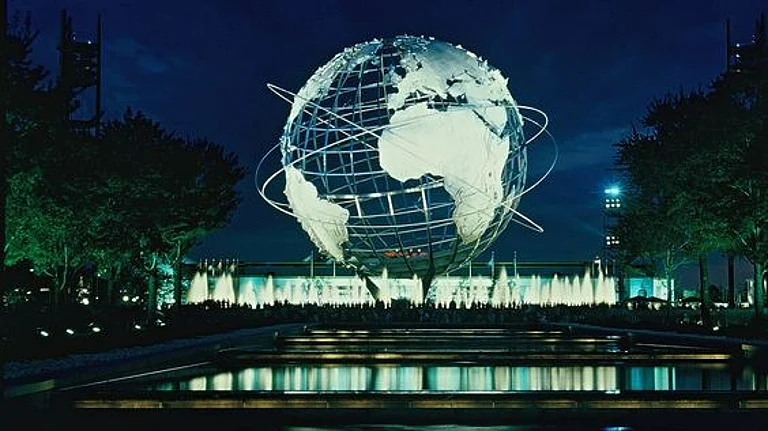California's fishing industry faces a severe setback as federal officials, in a unanimous decision, announce the cancellation of ocean salmon fishing for the second consecutive year. The Pacific Fishery Management Council's recommendation to close all commercial and recreational ocean salmon fisheries in California until the end of the year is driven by alarmingly low salmon forecasts. This move deals a significant blow to the state's fishing sector, impacting tens of thousands of jobs and marking the fourth time in history that salmon fishing in California has been suspended.
California Salmon Crisis: Water Mismanagement Blamed For Fishing Ban
California's fishing industry is facing a significant setback as the Pacific Fishery Management Council recommends the closure of all commercial and recreational ocean salmon fisheries for the second consecutive year.

The closure's implications extend far beyond economic concerns. Environmentalists and fishermen alike are pointing fingers at state and federal water management policies, decrying unsustainable water diversions that have led to diminished river flows, particularly detrimental to salmon populations. The Golden State Salmon Association's executive director, Scott Artis, vocalized these frustrations, emphasizing the lethal impact of high water temperatures resulting from excessive water withdrawals. He contends that such policies, which prioritize agriculture, are jeopardizing the future of California's salmon.
The challenges facing salmon stocks are multifaceted. Years of drought, exacerbated by climate disruptions like wildfires and algal blooms, have taken a toll on salmon habitats. Moreover, the rollback of federal protections for waterways under the previous administration has further imperiled salmon populations. Environmental groups decry these rollbacks as favoring agricultural interests at the expense of ecological integrity.
The decline in salmon populations is not merely anecdotal; it's backed by scientific data. A study published in Communications Earth & Environment highlights the substantial depletion of water supplies from the Colorado River, predominantly for agricultural use. This depletion, coupled with climate extremes, has significantly reduced storage reservoirs and triggered mandatory water use cutbacks. Consequently, California's salmon populations have suffered, with fall-run Chinook wild salmon returning to the upper Sacramento River plummeting to a fraction of their historical averages.
As fishermen reel from the devastating news, they urge state officials to address the root causes of the crisis. Governor Gavin Newsom's administration has responded by requesting a federal fishery disaster declaration to provide financial relief to affected communities. However, fishermen stress the urgency of addressing water policies to ensure the long-term sustainability of the salmon fishery. They call upon Governor Newsom to prioritize increased water flows in salmon river habitats, advocating for collaborative efforts to safeguard California's iconic salmon population and the livelihoods that depend on it.
- Previous Story
 US Elections 2024: Tim Walz, JD Vance To Go Head-To-Head In VP Debate | Key Issues To Watch Out For
US Elections 2024: Tim Walz, JD Vance To Go Head-To-Head In VP Debate | Key Issues To Watch Out For - Next Story


























